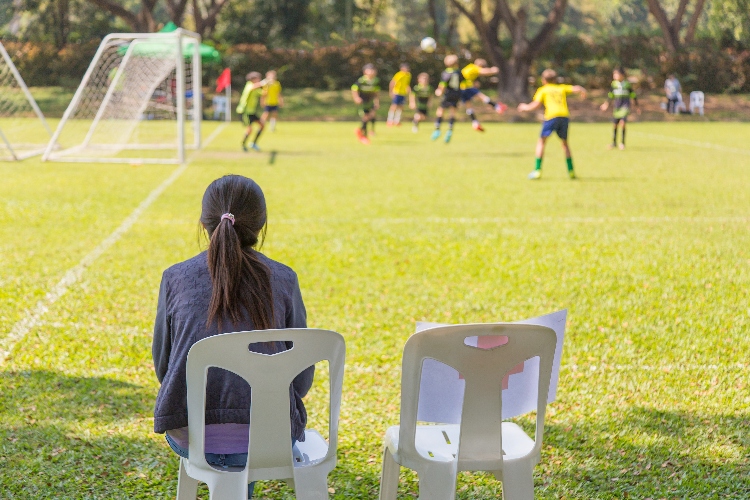In the fast-paced realm of youth sports, a growing concern has emerged—helicopter parenting. Defined as excessive parental involvement that hampers a child’s growth and independence, this phenomenon has raised questions about its impact on young athletes. Sports Mental Performance Coach Haitham Gheita shares his insights with Egyptian Streets, shedding light on the characteristics of helicopter parenting, its repercussions on young athletes’ mental well-being, and strategies for fostering a healthier sports environment. Unraveling the Helicopter Parenting Conundrum: “Helicopter parents are those who become overly involved in their children’s athletic journeys, leaving no room for independent growth and learning. They often shield their kids from the concepts of winning and losing, treating them as victims and making ‘winning’ the only right outcome,” defines Gheita. The consequences are dire: communication breakdowns with coaches and teammates, a lack of character development, and immense pressure on young athletes to meet their parents’ sky-high expectations. Gheita emphasizes that the “pressure and unrealistic expectations imposed by helicopter parents are deeply detrimental to a child’s performance and mental well-being.” The stifling presence of these parents inhibits young athletes from reaching their full potential, leaving them disengaged from the…
Navigating Overinvolved ‘Helicopter Parenting’ in Youth Sports: Striking a Balance for Thriving Athletes
December 22, 2023
By Belal Nawar
Senior Journalist



